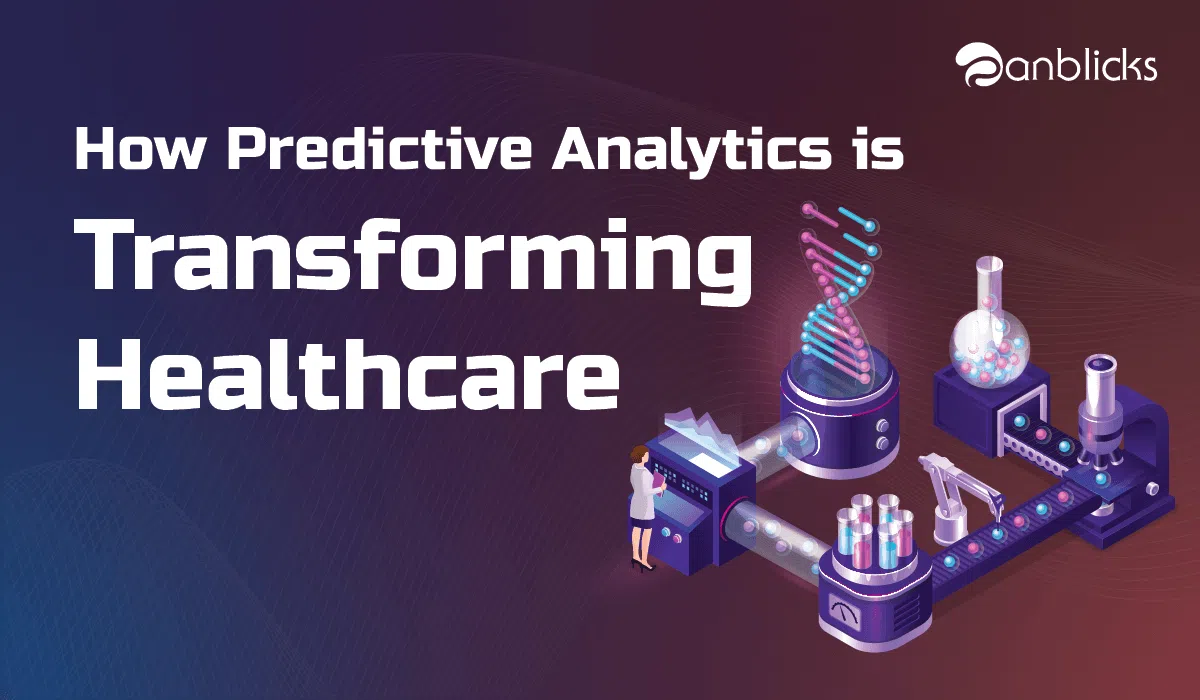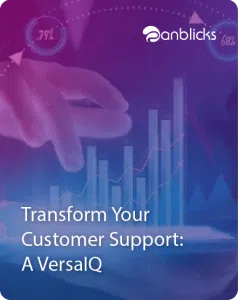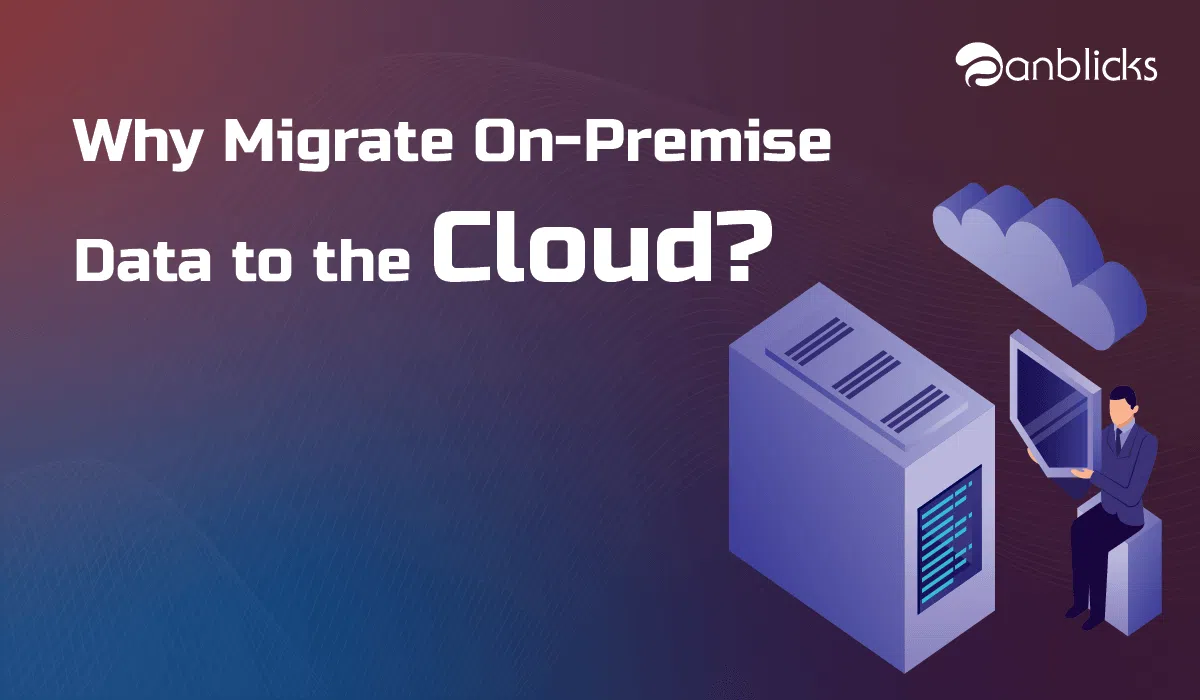
Predictive Analytics: Revolutionizing Healthcare Sector to the Core
- Explores how predictive analytics forecasts patient outcomes and aids clinical decisions.
- Discovers insights from EHRs and real-time data for early detection.
- Evaluates its role in shaping personalized treatments and proactive care.
Over the period, healthcare providers have used models such as Monte Carlo simulations and regression models to predict healthcare myriads. Nevertheless, with the implementation of predictive analytics in healthcare, the care providers are looking forward to improving the care of critically ill patients.
With the advancements in information technology in healthcare, predictive tools can capture, manage, and analyze the patients’ health data on a large scale. The technology is already helping elders and chronically ill patients stay out of the hospital and get optimum care at their doorstep.
According to a report by Markets and Markets, the global healthcare predictive analytics market is projected to reach a value of US$ 50.5 billion by the end of 2024 from US$ 14.0 billion in 2019. The report also suggests that the market shall witness a staggering 28.3% Compound Annual Growth Rate (CAGR) during the forecast period.
Use Cases: Importance of Predictive Analytics in the Healthcare Industry
As it shows that healthcare predictive analytics has massive scope in the future, let’s look at some of the most prominent use cases that determine the importance of predictive analytics in the healthcare industry.
1. Restraining Self-Harm
Healthcare predictive analytics can help patients in deterring severe events. With the ability to analyze patterns and flagging the events, healthcare providers can restrict a patient from self-harming.
In a study conducted by Kaiser Permanente and the Mental Health Research Network in 2018, the researchers integrated electronic health records or EHRs and a questionnaire with predictive analytics tools.
With the help of this integration, the study accurately identified patients who were willing or were going to harm them.
2. Limiting Hospital Readmissions
Healthcare predictive analytics allow the hospitals and other care providers to identify the patients that require admissions to the hospitals, and in some cases where the patient is likely to get readmission, the care providers can manage the facilities to accommodate them.
There are cases where a patient wants to get admitted to the hospital irrespective of their condition. In such scenarios, predictive analytics can determine such individuals and restrict their admissions to hospitals.
A real-time use case of this scenario was witnessed by the Texas Hospital, where the hospital integrated HER with real-time predictive analytics and reduced the readmission of the patients by 5%.
Dr. Ethan Halm, MD, MPH, Professor of Internal Medicine and Clinical Sciences and Chief of the Division of General Internal Medicine at UT Southwestern, states that the data automatically help the hospitals to identify the high-risk patients. They require readmission as early as their first admission to the hospital.
3. Precision Medicine and Personalized Care
Since the former U.S. President Barak Obama addressed the State of the Union, precision medicine has become a colossal entrant in the healthcare sector. Researchers across the globe have devoted their careers to conducting genomic research and developing personalized treatment for genetic disorders.
With the help of healthcare data, predicting the disease’ course related to genetic markup has become quite a possibility. Predictive analytics has also been instrumental in fighting chronic diseases such as diabetes, cancer, and conditions such as food poisoning using genetic research data.
Food and Drug Administration (FDA) Commissioner Scott Gottlieb, MD, highlighted the use of predictive modeling by the FDA’s Center for Drug Evaluation and Research (CDER) for predicting clinical outcomes in the clinical trials of precision medicines.
The research team of CDER used predictive modeling to inform clinical trials designs, dose optimization, and predicting product safety.
Benefits of Healthcare Predictive Analytics
The use cases mentioned above states success implementation of predictive analytics models in healthcare. But, what are the benefits that these models provide to the healthcare industry? Let’s dive deep into the benefits.
1. Chronic Disease Management and Preventive Care
Predictive analytics tools such as remote patient monitoring and machine learning can support hospitals in decision making by risk scoring and thresholds alerts. The information is then fed to tailored communication with the help of the cloud to remind the patients to refill their prescriptions or need any medical assistance.
Moreover, a notification in text, email, or a call can be triggered to check with patients managing long-term health issues. These are the types of seamless patient experiences that encourage better adherence to care pathways and ultimately influence better health outcomes.
2. Patient Scheduling and Pattern Analysis
Technologies such as artificial intelligence can help predictive analytics models predict the highs and lows of a care provider’s facility. This results in effective scheduling of the patients and avoids deadlocks in the facility.
Analyzing seasonality, typical patterns of the incoming patients, and capability of the care center, predictive analytics can assist hospitals in booking appointments on any given day, allowing having a buffer time to attend to the emergency visits.
3. Patients At-Risk Identification
Predictive analytics models can allow hospitals to identify certain risk factors in the patients. For instance, the model can recognize a diabetes patient who needs hospitalization based on age, prolonged coexisting chronic disease, medication adherence, and previous treatments.
Prediction on the likelihood of chronic disease can trigger the early intervention of care providers avoiding patient’s emergency room visits. Predictive analytics also help the care providers to provide personalized care by reaching the patients instead of waiting for them to visit the hospitals.
4. Reduced Patient Leakage by Optimizing Operations
In case of canceled appointments, latecomers, and no-shows, the hospital management has to undergo the daunting task of rescheduling the patients. Predictive analytics tools can help hospitals understand the patterns by analyzing data collected via the location of the patients or the nature of appointments.
This, as a result, allows the hospitals to preplan the operations to have enough buffers to cater to the emergency or appointing a specialist for a particular treatment resulting in reduced patient leakage.
Authors Pick
The Healthcare industry has witnessed the effective implementation of predictive analytics models and tools in its operations. The agenda behind these implementations is to provide the utmost care to the patient while optimizing their operations. Integrating predictive analytics tools into the environment can pave the road for a better business in the future.









